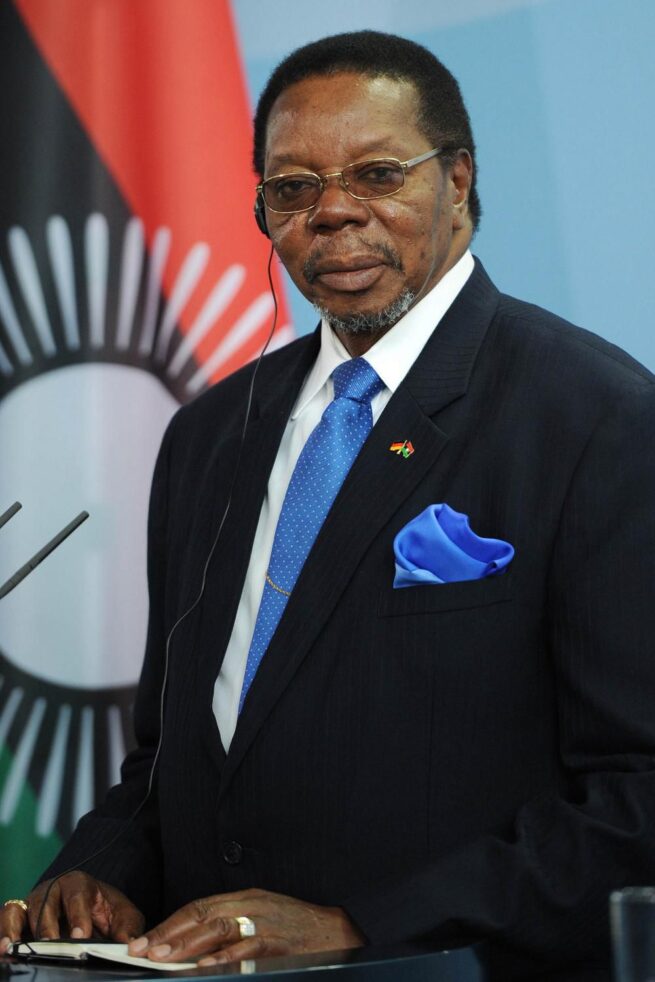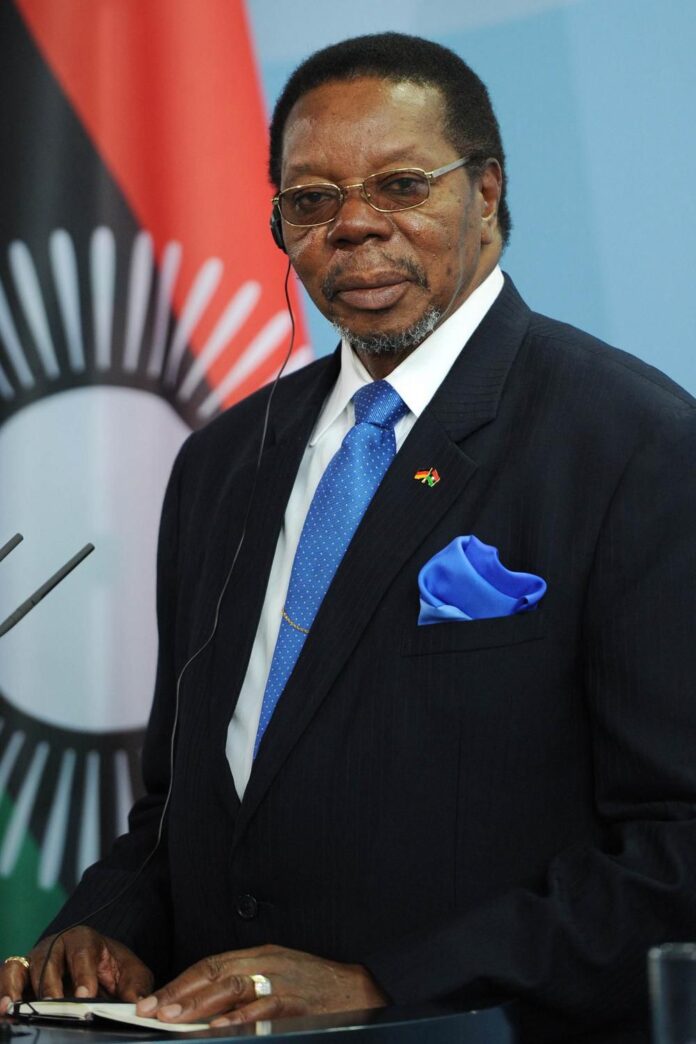By Linda Kwanjana
In a puzzling turn of events that stirred speculation across the political spectrum, the Democratic Progressive Party (DPP) last week quietly cancelled its annual memorial service for its founding president, the late Bingu wa Mutharika. What was once a grand stage for blue regalia, rehearsed tributes, and choreographed loyalty suddenly dissolved into an anticlimactic “postponed until further notice” communiqué—no reason given.
Officially, DPP spokesperson Shadric Namalomba released a terse statement confirming the cancellation. But while the press release danced around the edges, inside party sources sang a different tune—one riddled with worry, whispers, and medical files.

At the heart of it all was Arthur Peter Mutharika (APM), the late Bingu’s younger brother and the party’s current president. Rumours, which came with alarming consistency, suggested that APM had been unwell, and that the party was scrambling behind the scenes to arrange for him to be flown to South Africa for medical treatment.
The man once dubbed “the constitutional law don” was, by multiple accounts, not in fighting form—neither physically nor politically.
The Collapse of a Ritual
For the DPP, the annual Bingu memorial wasn’t just about remembering the fallen founder—it was an opportunity to rally the faithful, project unity, and remind Malawians that the “Blue House” still had some fire in its belly. Cancelling the event, especially without explanation, was not just a logistical footnote—it was a political alarm bell.
The silence from the top brass said more than any official press release could. It painted the picture of a party caught off-guard, scrambling to project control while the centre quietly unraveled.
In DPP circles, loyalty has often hinged on proximity to the Mutharika dynasty. Bingu was the lion who roared, and Peter—the reluctant heir—carried the flame. But when the lion stumbles, the cubs begin to circle, each eyeing the throne with sharper interest than sorrow.
At 84, APM had already been a subject of health rumours in recent months. His limited public appearances, subdued tone, and guarded movements all hinted at a leader not quite ready for another political marathon. Yet the party, ever clinging to his legacy, insisted he remained their best hope for 2025.
But the sudden memorial cancellation—widely believed to have been a result of his deteriorating health—threw that narrative into disarray.
If APM was fit and well, as some in the party claimed, why cancel an event that was entirely orchestrated to honour his brother—and by extension, himself? Why allow the silence to speak so loudly?
Within the DPP, insiders described an atmosphere of controlled chaos. Senior officials were said to be “deeply concerned” about what would come next. No succession plan had been clearly articulated, and the usual whispers of “who next” began to echo louder in backrooms and WhatsApp groups.
This wasn’t just about health. It was about the party’s fragile future, which for too long had rested on a single ageing figure. The cancellation exposed more than a scheduling issue—it revealed a power vacuum waiting to happen.
A Memorial Without a Message
In cancelling the Bingu memorial, the DPP didn’t just lose an opportunity to honour the past—it failed to secure its present. The party that once roared with confidence suddenly looked like it had lost its voice.
And Malawians, well-versed in the theatre of politics, could see through the curtains.
The big question now wasn’t just whether APM would recover—it was whether the DPP could. As the party awaits his possible trip to South Africa for treatment, it might also consider a trip into introspection: What happens when your only plan is the man—and the man is no longer fine?
In politics, as in chess, even kings must eventually fall. The DPP now faces the endgame—and there’s no guarantee the board is still blue.



